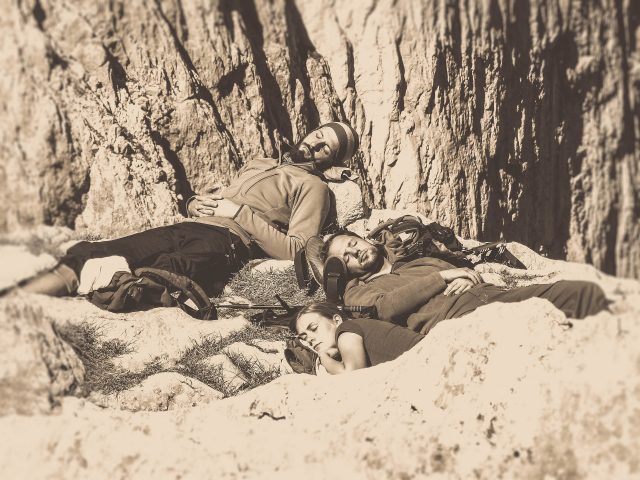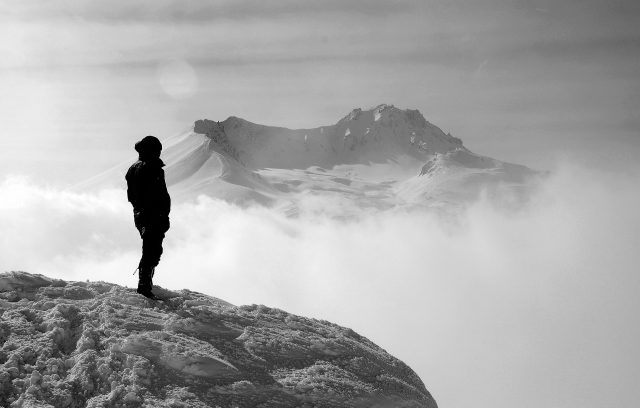It’s okay to turn back while hiking
If you are a keen hiker, there might be times when you find yourself in a situation where you cannot continue with the hike you planned. A climb which you were led to believe was easy may not be at all, the two-day hiking trip you packed for turns out to be a three-day hike, or the elevation is much higher than expected. Panicking is not the right or useful response in such situations. If hiking with others, discuss this with them. Explain the trouble you are experiencing.
A first step is to regroup and make an assessment of the situation you find yourself in. Questions you will need to ask are: how far to get back to your camp? Do you have enough supplies? What is the weather doing? Do you feel any of the following symptoms: fatigue, elevated pulse and heart rate, breathing difficulties, nausea? Are you feeling dizziness or light headed or do you have a headache and are you sweating a lot?

If you are going to be hiking at an altitude above 8000 feet, these are important questions to ask yourself and others. It could indicate altitude sickness.
Even if you are fit and you can easily walk ten miles, doing this at altitude can prove more onerous. At this elevation, you have 30% less oxygen in your lungs, and you may find yourself struggling. 70% of people battle with the altitude difference for the first few days. The symptoms may also only kick in after the first day. So feeling fine on day one is no guarantee things will be so the following day.

If you find yourself experiencing symptoms like those listed, you may have a case of altitude sickness. Get down safely to a lower area if possible. Take your backpack off, have plenty to drink, rest for a bit and decide on the next step.
If you are feeling unbearably hot, you really need to find shade and stop; remove your bag, put your feet up, get yourself well hydrated. Perhaps even drench yourself with water in order to cool off. Heat exhaustion can easily escalate to heat stroke, which can be fatal.
So if you find yourself in a situation where you start to seriously doubt your ability to cope, don’t feel ashamed to reassess your plans. Turn back if you believe this is the sensible thing to do. Cut the hike down and return to base.
You’ll be glad you decided to return in reasonable health and so will your friends and family. It is far wiser to keep within your limits. Do not become a meal for bears in the backcountry: live to tell the tale and try again another time.
If you have any comments then please drop us a message on our Outdoor Revival Facebook page
If you have a good story to tell or blog let us know about it on our FB page, we’re also happy for article or review submissions, we’d love to hear from you.
We live in a beautiful world, get out there and enjoy it. Outdoor Revival – Reconnecting us all with the Outdoors.





